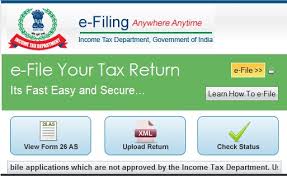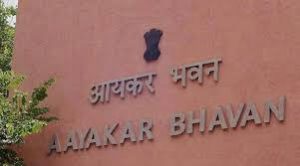
In the Budget 2018, Union Finance Minister Arun Jaitley had introduced long term capital gains (LTCG) on sale of equity and mutual funds, which will be taxed from April 1 onwards. One must remember that any capital gains arising out of sale of shares in this financial year (2017-18), which means prior to March 31 this year, will not attract any long term capital gains tax.
Seven Things To Know About Tax On LTCG Arising On Equity/ Mutual Funds Sale
1. Tax liability on long term capital gains (LTCG) at the rate of 10% will be charged only when the shares or mutual funds are sold after April 1, 2018.
2. The tax liability will not arise if the shares or mutual funds are sold, at whatever premium, before the beginning of April since the new legislation will come in force with effect from the next financial year, which is April 1.
3. For the tax on LTCG to get liable, there must be a difference of at least Rs. 1,00,000 between the cost of acquisition and the amount of sale.
4. The time period of one year will be calculated from the date of acquisition even if the time period falls in the previous financial year, which is 2017-18.
5. Any gains prior to January 31 are grandfathered. This means the capital gains will be zero if the sale price is more than the cost of acquisition but less than the value on March 31.
For instance, an equity share is acquired on January 1, 2017 at Rs. 100, its fair market value is Rs. 200 on January 31, 2018 and it is sold on April 1, 2018 at Rs. 150.
In this case, the actual cost of acquisition is less than the fair market value as on January 31, 2018. However, the sale value is also less than the fair market value as on 31st of January, 2018. Accordingly, the sale value of Rs. 150 will be taken as the cost of acquisition and the long-term capital gain will be NIL (Rs. 150 – Rs. 150).
6. The tax payer will stand to gain when the shares market price on January 31 was lower against the acquisition cost. Since the higher of two values is chosen (between the cost of acquisition and the price on January 31), the investor stands to gain. Sample this. An equity share is acquired on 1st of January, 2017 at Rs. 100, its fair market value is Rs. 50 on 31st of January, 2018 and it is sold on 1st of April, 2018 at Rs. 150.
In this case, the fair market value as on 31st of January, 2018 is less than the actual cost of acquisition, and therefore, the actual cost of Rs. 100 will be taken as actual cost of acquisition and the long-term capital gain will be Rs. 50 (Rs. 150 – Rs. 100).
7. When the selling price is lower than both cost of acquisition and price on January 31, then instead of the higher of the two values, one has to take the lower of two values for computing the capital gains. Sample this. An equity share is acquired on 1st of January, 2017 at Rs. 100, its fair market value is Rs. 200 on 31st of January, 2018 and it is sold on 1st of April, 2018 at Rs. 50. In this case, the actual cost of acquisition is less than the fair market value as on 31st January, 2018. The sale value is less than the fair market value as on 31st of January, 2018 and also the actual cost of acquisition. Therefore, the actual cost of Rs. 100 will be taken as the cost of acquisition in this case. Hence, the long-term capital loss will be Rs. 50 (Rs. 50 – Rs. 100) in this case.
Source: NDTV





